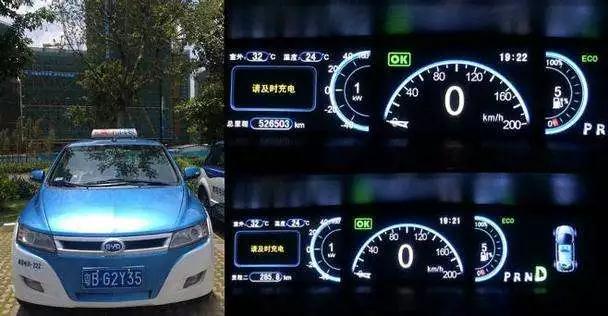All cabs to be e-powered by year end

All taxis in the city will be electricity-powered before the end of the year and an additional 18,000 charging stands will be built, according to a Guangdong provincial meeting on promoting new-energy vehicles held in Shenzhen on Wednesday.
According to statistics from Shenzhen’s transport commission, all public buses, 16,359 in total, were powered by electricity before the end of 2017, and 65 percent of the 12,518 taxis were running on electricity. The city issued licenses to 35,000 electric vehicles involved in logistics service, accounting for 80 percent of the province’s total.
The wide use of electric buses and cabs plays a significant role in improving air quality and constructing a beautiful Shenzhen, the meeting heard.
Electric buses use 72.9 percent less energy than diesel buses. In a year, the buses could reduce carbon dioxide emissions by 1.35 million tons and other pollutants by 431 tons. E-taxis could save energy equivalent of 119,000 tons of standard coal, replacing 116,000 tons of fuel and reducing pollutants by 207 tons. E-vehicles in logistics saved 70 percent of the energy and reduced 170,000 tons of the carbon dioxide emissions compared to fuel-powered vehicles.
Starting July 31, all new shared cars will be required to be electricity-powered.
In 2018, the remaining 500 green cabs that are restricted from Futian, Luohu, Nanshan and Yantian districts will be replaced with electric cabs and allowed to operate citywide. The city has built 510 bus charging stations and 8,000 charging poles.
Shenzhen was chosen in 2009 as one of 13 cities to pilot a national new-energy vehicle program.
In 2017, the city offered 3.3 billion yuan (US$490 million) in subsidies for e-buses and the construction of charging facilities. The city has encouraged cab operators and private investors to invest in charging poles and stations for e-taxis.
With the popularization of electric vehicles (EV), the EV manufacturing industry’s rapid development has formed a complete industrial chain, from batteries and electric machinery to electronic controls.
In 2017, the production volume of the city’s new energy industry reached 100 billion yuan.